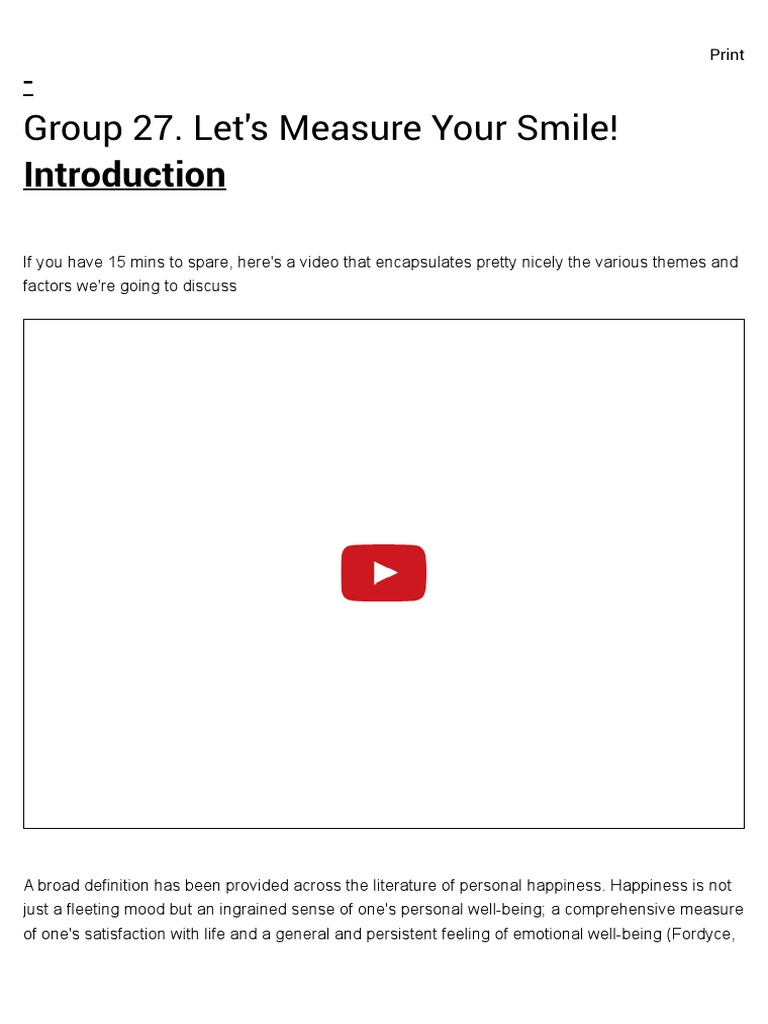In the intricate tapestry of life, the pursuit of happiness prevails as an ever-elusive endeavor, frequently likened to a butterfly, which flits just out of reach yet captivates the heart with its ephemeral beauty. The Bahá’í teachings provide illuminating insights into this pursuit, advocating a balanced and holistic approach to measuring both personal happiness and the collective happiness of humanity. This article endeavors to unravel the profound precepts found within the Bahá’í faith that can guide individuals in quantifying their happiness and that of the world.
The Bahá’í teachings assert that happiness is not merely a transient feeling grounded in material possessions or external validation but a state of being that springs forth from deep-seated virtues. It advocates for the cultivation of spiritual qualities, such as love, compassion, and justice, as the fundamental underpinnings of a fulfilling existence. One might consider happiness not as an arithmetic sum of pleasurable experiences but rather as the harmonious orchestration of the soul’s symphony, where each virtuous act contributes to a crescendo of joy.
To effectively measure one’s happiness, Bahá’í teachings propose a reflective process steeped in self-examination and conscious awareness. Engage in regular contemplation, allowing oneself to examine the state of one’s inner life. Are feelings of gratitude abound? Do moments of kindness ripple through daily interactions? By recording daily reflections or journaling sentiment, individuals can gain insights into their emotional states and identify patterns that illuminate their overall well-being. The practice of gratitude, emphasized in the teachings, serves as a powerful antidote to life’s tribulations, acting as a beacon that redirects focus from adversity to abundance.
Moreover, the appreciation of the interconnectedness of humanity is crucial in measuring happiness on a broader scale. The Bahá’í perspective emphasizes the oneness of mankind, asserting that individual progress is intrinsically tied to the welfare of others. It invokes a metaphor of the human race as a single body; when one part suffers, the entire organism endures distress. This view prompts individuals to assess their happiness by considering their contributions to the greater good. A selfless act, such as volunteerism or the practice of service to the community, often generates profound joy, akin to a nourishing rain upon parched soil. Hence, measuring one’s happiness becomes a dual endeavor—personal reflection intertwined with altruistic endeavor.
The complexities of measuring happiness extend into societal constructs, realms where collective joy serves as a reflection of cultural health. The teachings of Bahá’u’lláh, the founder of the Bahá’í Faith, advocate for the establishment of a social order founded on justice, equity, and unity. It is through the lens of these principles that one can assess the happiness of nations. Are citizens engaged in equitable pursuits, and do they experience fulfillment in their collective existence? The scales of happiness can be weighed by the degree of access to education, healthcare, and opportunities for individuals to express their talents and creativity in society.
Furthermore, the Bahá’í faith espouses the transformative power of unity in diversity. In celebrating the richness of differing cultures, beliefs, and perspectives, a harmonious social fabric emerges that elevates collective happiness. The metaphor of a garden, adorned with myriad flowers of varying hues and fragrances, resonates profoundly within this context. Each participant, unique and irreplaceable, contributes to the resilience and vibrancy of the shared human experience. An equitable society, flourishing with cultural appreciation and intercultural dialogue, reveals itself as a fertile ground for happiness. Measuring the happiness of a community involves assessing its ability to embrace difference while fostering unity.
Notably, the Bahá’í perspective encourages a proactive stance towards global happiness. It emboldens individuals to engage with the pressing issues of the day—poverty, discrimination, climate change—with a sense of moral responsibility. Here, happiness is not a passive state but an active agent for change. In embarking on social action, individuals step toward a life imbued with purpose, which, in turn, fosters a deeper sense of fulfillment. The link between engaging with world affairs and personal well-being is potent; the more one contributes to fighting injustices and enacting positive changes, the more enriched one’s personal existence becomes.
Finally, the understanding of happiness as a spiritual journey rather than a destination aligns harmoniously with Bahá’í teachings. Within this framework, individuals are encouraged to engage in lifelong learning and self-improvement, continually striving towards personal and collective upliftment. The road to happiness is not devoid of challenges; adversity often polishes the soul, carving out resilience and fostering compassion. The very process of overcoming obstacles becomes a valuable teacher, guiding one towards deeper insights and greater happiness.
In conclusion, measuring one’s happiness and that of the world’s through the lens of Bahá’í teachings reveals a multifaceted and profound approach. Happiness emerges not merely through personal gain but as a byproduct of virtue, service, community engagement, and the pursuit of justice and unity. The metaphorical butterfly of happiness flits through paths defined by spiritual growth and responsible action amidst a symphony of human interconnectedness. In this enigmatic quest, we learn that true happiness balances individual aspirations with a commitment to the greater whole, illuminating a path fraught with beauty and promise.
